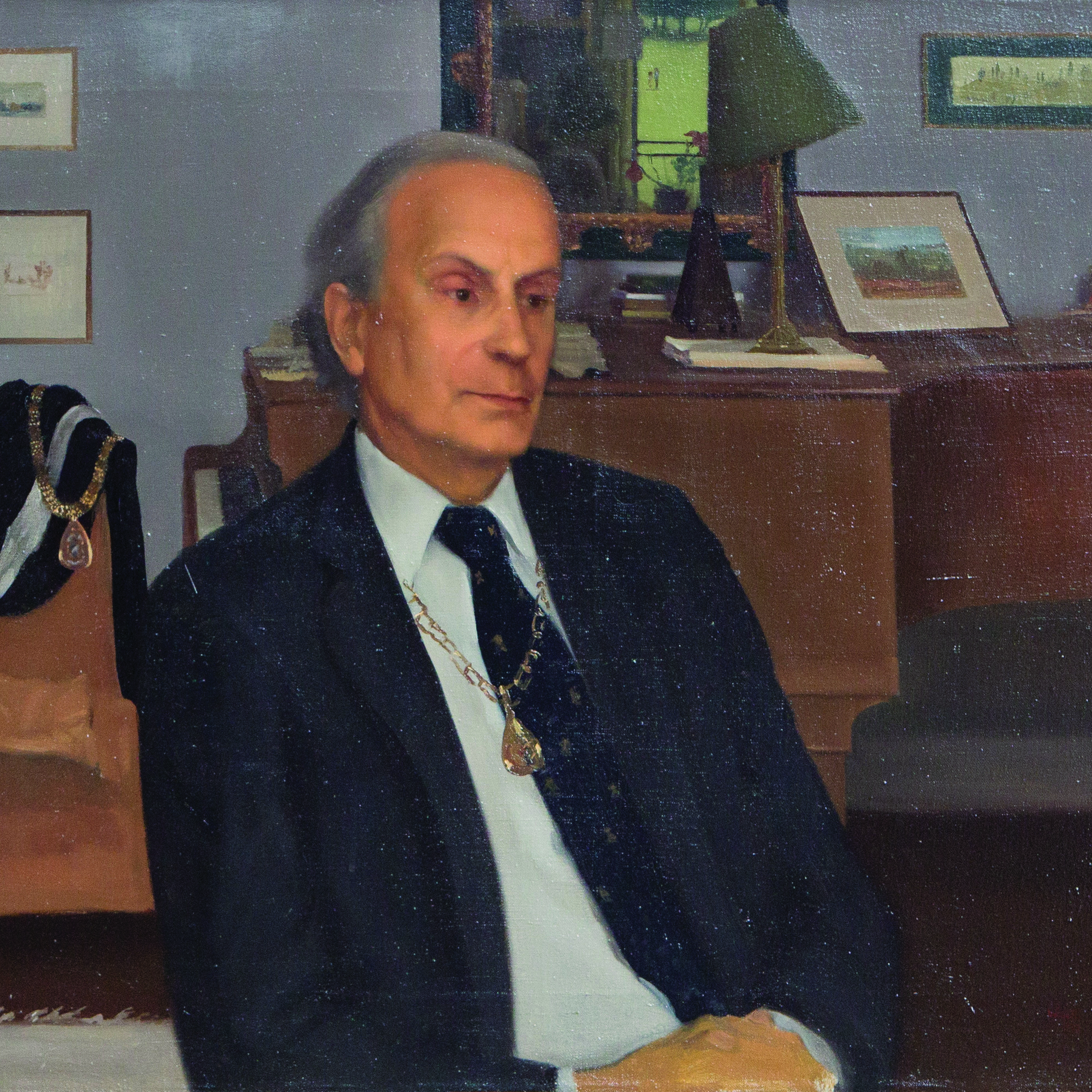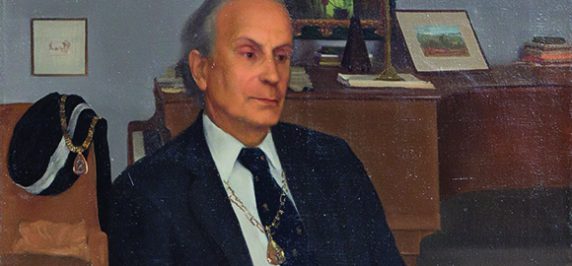
Despite being described as a ‘founding father’ of modern general practice, Dr John Horder originally intended to become a psychiatrist, thinking that general practice was for medics who could not find a specialism to suit them.
But after doing a two week locum at the North London James Wigg Practice – where his wife Dr Elizabeth Horder was already working as a GP – in 1951 he found general practice a ‘revelation’. He remained at the practice, itself now over 130 years old, for the next 30 years.
An accomplished pianist and watercolours painter, he studied Classics before switching to Medicine.
One of the original GPs to work with the Tavistock Clinic on applying psychoanalytic ideas to medicine, his interest in mental health was both personal and professional.
When World War Two had interrupted his medical studies, while serving he was discharged with severe depression, an illness which would affect him at intervals throughout his life.
One of his best known patients was the poet Sylvia Plath, who had moved to be nearer his practice. Dr Horder was visiting her daily, prescribed anti-depressants and had arranged for a daily nurse when Plath refused to go into hospital. At a time when people with depression were often labelled as neurotics, Dr Horder understood the pain and shame of suffering a severe depression and often wondered if he could have done more to prevent Plath’s suicide, which greatly affected him.
His Damascene conversion to general practice later led to him playing a large part in the development of theory and implementation of vocational training for general practice. A founding member of the College of General Practitioners, he was chair of the group which produced the classic textbook The Future General Practitioner — Learning and Teaching and became the first GP to be appointed a consultant to the World Health Organisation.
General practice during the NHS: 1950s
In 1950, The Lancet publishes a report by a visiting Australian doctor, JS Collings, on 55 general practices. He is appalled by surgeries without examination couches, 200 yard long queues to see a doctor and consulting rooms that had a chair for the doctor but not the patient. The report finds GPs to be marginalised and declining in status, with rural practices ‘an anachronism’, and inner city practice ‘at best … very unsatisfactory and at worst a positive source of public danger’.
The report led to work including the foundation of the RCGP.
A 1950 committee chaired by future British Medical Association Sir Henry Cohen concludes the status and prestige of GPs should be the equal of colleagues in any and every speciality. It recommends GPs undergo three years training, one in practice and two in supervised hospital posts.
Pulse October survey
Take our July 2025 survey to potentially win £1.000 worth of tokens












